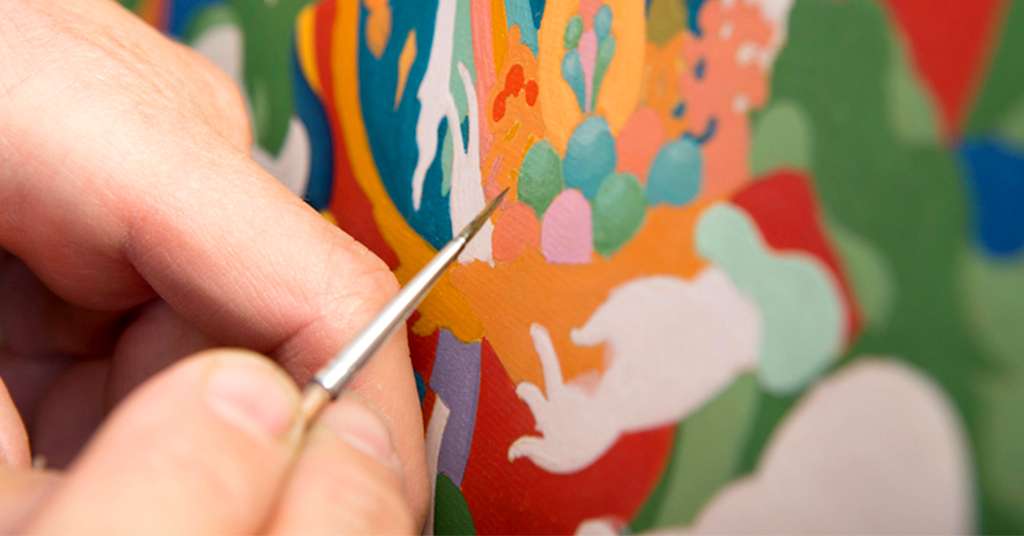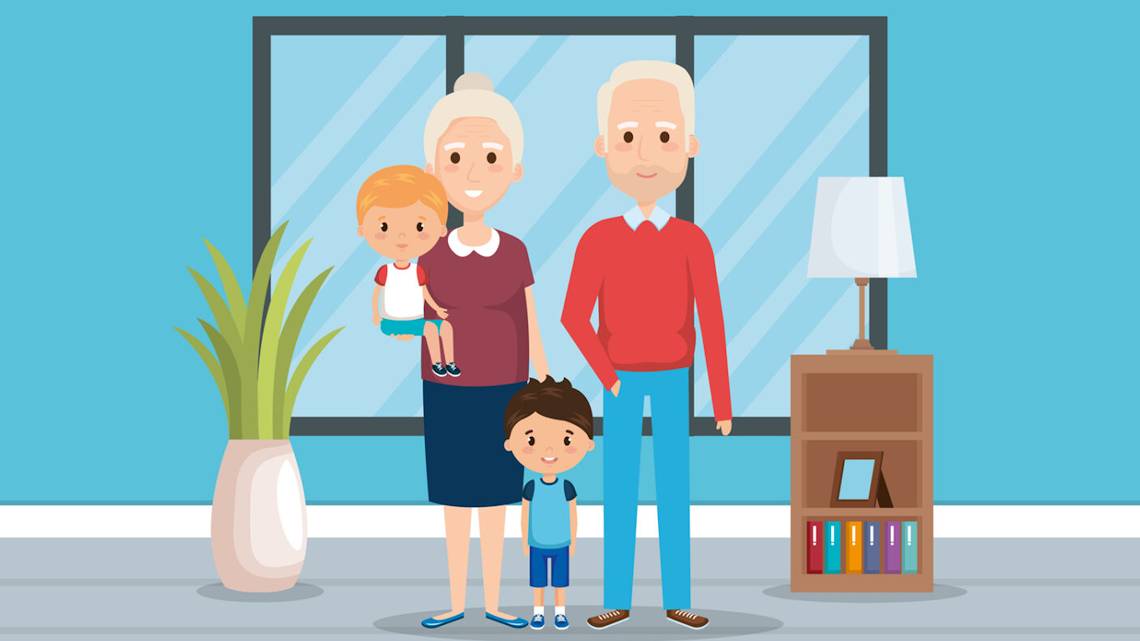
We’ve all heard the phrase, “change is the only constant.” Yet, despite this truth, embracing change can feel like an uphill battle. How often have you faced a significant transition and felt overwhelmed? If you’re nodding in agreement, know that you’re not alone. Understanding the psychological challenges of adapting to change can offer valuable insights into our responses, and exploring methods like Arts-Based Therapy (ABT) can guide us towards acceptance.
The Inner Turmoil of Cognitive Dissonance
Cognitive dissonance refers to the discomfort we experience when our established beliefs conflict with new information. Consider the case of Ed Jackson, a professional rugby star, who endured a devastating injury that abruptly ended his career. His identity, closely tied to fitness and rugby, was suddenly threatened. This inner conflict led to frustration as he grappled with redefining his self-worth amidst his rehabilitation journey.
Reflect for a Moment: Can you recall a time when your beliefs were challenged by unexpected changes? What emotions did that stir within you?
The Fear Factor: Confronting the Unknown
As humans, we thrive on predictability and stability. Change often brings uncertainty, leading to anxiety and fear. Our bodies naturally seek homeostasis, a state of equilibrium where everything feels right. But life-altering events like the loss of a loved one, a job change, or a sudden illness can disrupt our balance, leaving us feeling unsteady and powerless.
Take a Moment: Think back to a pivotal moment in your life that pushed you out of your comfort zone. How did that experience reshape your understanding of balance?
The Body’s Response: Fight or Flight
When confronted with uncertainty, our body’s stress response kicks in. The hypothalamus releases hormones like adrenaline and cortisol, triggering the “fight-or-flight” response. The sympathetic nervous system signals our body to react, mobilizing energy resources as heart rates rise and airways expand.
During this period, heightened emotions can often lead to obsessive thoughts about the moment of change. We replay scenarios in our minds, pondering the “what ifs” and feeling weighed down by regret. If left unaddressed, these unresolved feelings can evolve into chronic stress or even PTSD, negatively impacting every aspect of life physical health, emotional well-being, and social relationships.
Engaging with Arts-Based Therapy (ABT)
Arts-Based Therapy (ABT) is a creative therapeutic approach that utilizes various art forms including visual arts, dance, music, and dramatic enactment to address a wide range of psychosocial, cognitive, physical, and psychological challenges across all ages (Malchiodi, 2005, 2012). This experiential therapy engages individuals in multisensory experiences that promote self-exploration, emotional healing, personal communication, and socialization leading to acceptance.
Trauma-informed expressive arts therapy considers how the mind and body respond to a traumatic event, acknowledging the symptoms as adaptive coping strategies rather than pathology; shifting the narrative from being a “survivor” to a “thriver.” ABT forms a bridge between the implicit (sensory) and explicit (declarative) memories of trauma. It helps individuals process intense feelings and memories that may disrupt their emotional regulation setting the stage for trauma integration and recovery.
Each session is carefully designed by the ABT practitioner to incorporate one or multiple art forms, tailored to the individual’s mental state and readiness. While the activities may appear simple, they hold significant therapeutic power. Therefore, individuals facing mental health challenges should ONLY engage in ABT under professional supervision to ensure effective and safe practice.

The Journey of Acceptance: My Personal Experience with ABT
Just when life feels stable, it can change dramatically. Recently, I underwent an accident that profoundly affected me. On an ordinary Saturday, as I used a steamer for my blocked nose, the device malfunctioned, scalding my face with boiling water and leaving 2nd degree burns. Rushed to the hospital, I entered a surreal reality filled with uncertainty. Those were some of the darkest days of my life. My face was wrapped in bandages, a haunting reminder of my profound transformation, and each reflection brought tears and a torrent of emotions of regret, anger, fear, and helplessness.
In the wake of this overwhelming experience, my mother offered a simple yet profound piece of advice: “It has happened; accept it and move on.” Accepting such a life-altering event felt insurmountable. My physical injuries threatened to erode my self-esteem and confidence, but eventually, I reclaimed my footing.
Drawing on my background as a counsellor, I turned to Arts-Based Therapy (ABT) to process my pain. I engaged in a self-portrait activity, a creative outlet that allowed me to confront my fears and insecurities without the pressure of traditional reflection. Suddenly, expressing myself through art became easier than facing a mirror.
Through this process, I began to heal my emotional wounds. The artwork helped me tap into internal resources, empowering me to focus on what I could control amidst the chaos. Gradually, my sense of agency returned, guiding me towards affirmation and support.
In the days following, I nurtured this new self-portrait through various creative activities, witnessing a remarkable transformation. My crumbled self-perception began to stabilize as acceptance took root. I ultimately found the strength to venture outside without makeup or coverage, embracing the current reality of my scars. It simply is what it is.
The Power of Reclaiming Control
Through my journey, I’ve learned that fear, anxiety, and depression can easily overwhelm us when we feel adrift in a sea of change. It’s crucial to reclaim our agency and focus on elements we can control. Recognizing small, conscious choices like dedicating time to breathing exercises or choosing to show up for work can empower us significantly. These daily actions, no matter how minuscule, rebuild our sense of security and adaptability.
Photo Credits:
First image: Vjom
Second image: sdigital
References
Malchiodi, C. A., & Crenshaw, D. A. (Eds.). (2015). Creative arts and play therapy for attachment problems. Guilford Press.

Dolly Nawalkha
About the author
Dolly, raised in Hong Kong, is a compassionate Mental Health Counsellor with a Bachelor’s in Psychology, a Master’s in Counselling, and a Postgraduate Diploma in Arts-Based Therapy. Her expertise encompasses various mental health disorders, including anxiety, depression, mild trauma, ADHD, self-esteem challenges, and relationship conflicts. Employing an eclectic approach, Dolly helps clients develop emotional regulation and interpersonal skills. Additionally, she facilitates support groups and conducts weekly workshops for both adults and teenagers at Inner Compass Psychotherapy and Trauma Practice.
Recently Added
The journey of raising children comes with countless moments where they need our support and guidance. Whether our children are typically developing …
The World Infant, Child and Adolescent Mental Health Day was first initiated to highlight the importance of mental health, starting from the …
“My New Year’s resolution will be to exercise at least three times a week”, “this is my year where I am going …




